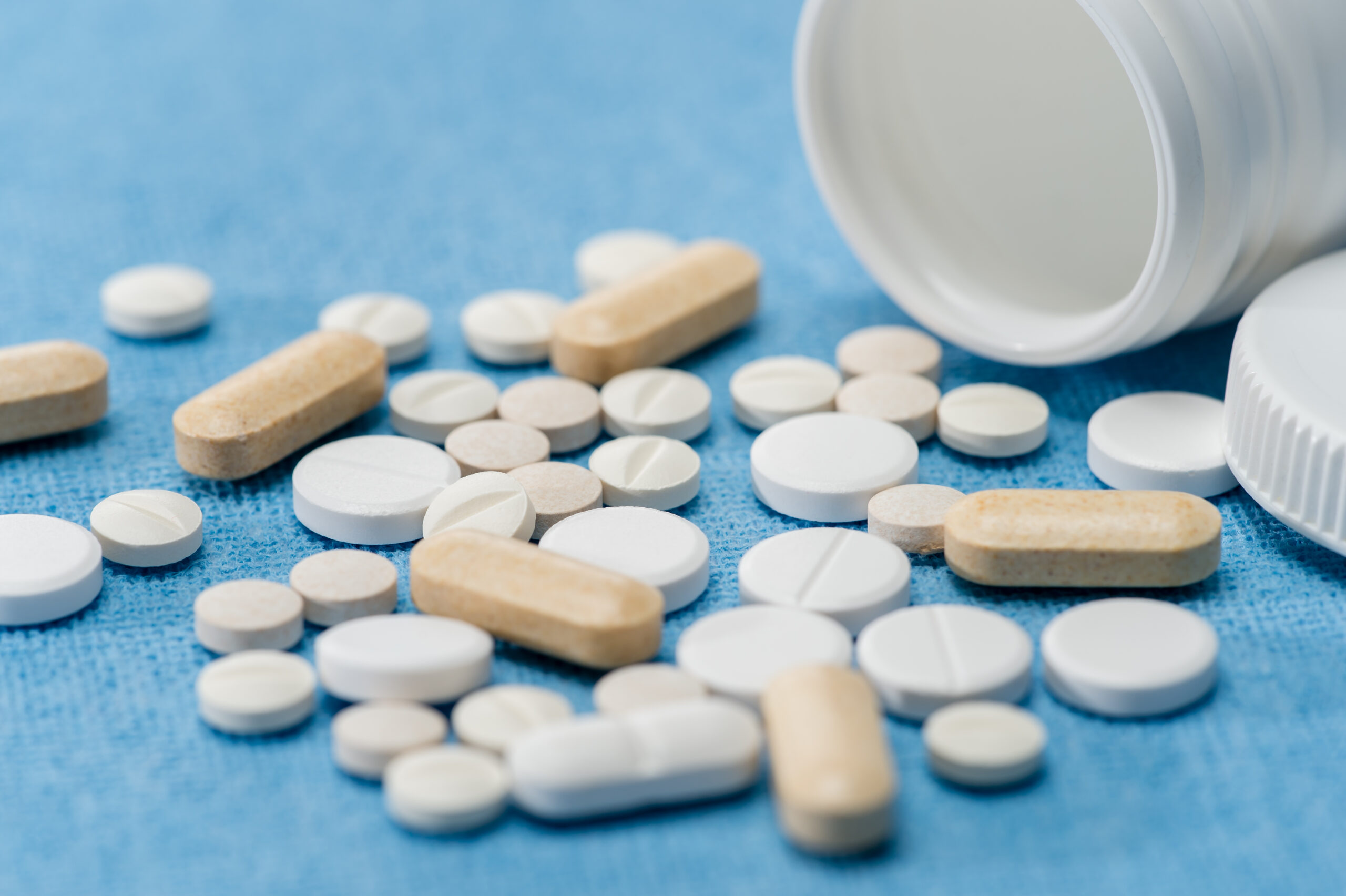Drugmakers are scrambling to convince officials on both sides of the Atlantic to keep medical goods off the tariff list, fearing price spikes on high-demand treatments like Novo Nordisk’s (NOVOb.CO) weight-loss injection Wegovy and Merck’s (MRK.N) cancer immunotherapy Keytruda.
Industry insiders argue that tariffs would not only inflate drug prices but also restrict patient access—directly contradicting U.S. healthcare goals around affordability and life expectancy. According to multiple sources familiar with the discussions, pharma leaders are making their case to U.S. officials, emphasizing that such policies could undermine recent executive orders on drug pricing.
The Industry’s Response
To counter the looming threat, some drugmakers are offering to expand U.S. production—if the right tax breaks and regulatory incentives are put in place.
“We are firmly delivering the message to the Trump administration and the European Union that patients will pay the price for tariffs,” a senior executive at a European drugmaker stated.
Meanwhile, in Brussels, industry leaders are urging the EU to hold off on retaliatory tariffs, even if the U.S. follows through. Pharma executives point out that lifesaving drugs were previously exempt from sanctions on Russia, arguing that disrupting the global supply chain would be a “lose-lose” situation for everyone involved.
Could Big Pharma Get Caught in the Trade War?
Historically, pharmaceutical products have been spared from trade disputes due to their critical nature. But with the Trump administration already slapping tariffs on Chinese pharmaceutical ingredients and key EU goods like steel and whisky, the expectation is growing that the sector won’t stay immune for long.
The U.S. market is especially reliant on European-manufactured drugs, which generate hundreds of billions of dollars in revenue. Novo Nordisk, for instance, produces part of its active ingredient for Wegovy in Denmark, while Merck’s Keytruda and AbbVie’s (ABBV.N) Botox are made in Ireland—countries that could be directly impacted by new trade policies.
The Stakes are High
So far, drugmakers are in the dark about how the Trump administration will proceed. Historically, the former president has announced tariffs, only to later delay or suspend them. Whether this round of trade tensions follows the same playbook remains uncertain.
Adding fuel to the fire, Trump recently criticized Ireland’s tax incentives for pharma companies, calling them a contributor to the U.S. trade deficit. While the White House and European Commission have yet to comment, the uncertainty has Wall Street watching closely.
The Cost of U.S.-Only Manufacturing
One potential solution—reshoring drug production—presents its own set of hurdles. While Eli Lilly (LLY.N) recently announced a $27 billion investment in U.S. manufacturing, industry sources say that building a new production facility in the States can cost upwards of $2 billion and take a decade to bring online.
A senior executive at a European drugmaker put it bluntly: “Fixing something that isn’t broken would mean diverting funds away from researching the next generation of medicines.”
If pharma lands on the tariff list, expect ripples across the industry—especially for companies with heavy exposure to European production.
One potential solution—reshoring drug production—presents its own set of hurdles. While Eli Lilly (LLY.N) recently announced a $27 billion investment in U.S. manufacturing, industry sources say that building a new production facility in the States can cost upwards of $2 billion and take a decade to bring online.
A senior executive at a European drugmaker put it bluntly: “Fixing something that isn’t broken would mean diverting funds away from researching the next generation of medicines.”
If pharma lands on the tariff list, expect ripples across the industry—especially for companies with heavy exposure to European production.

